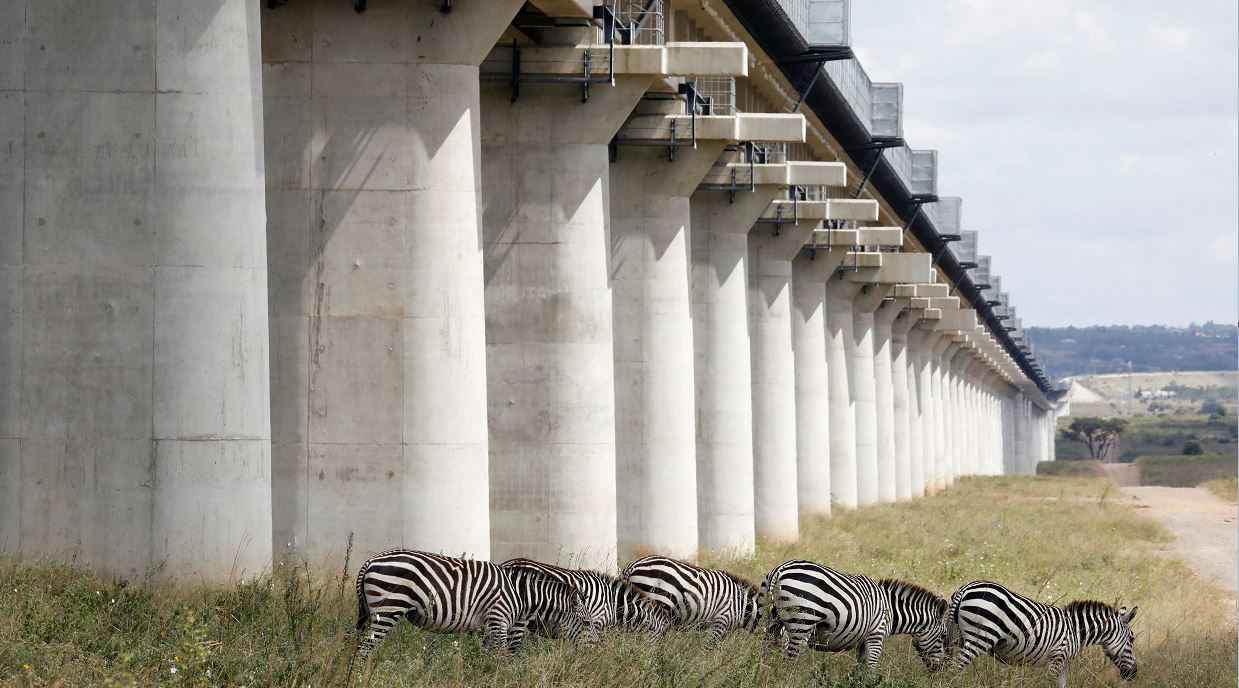
AfCFTA could boost China-Africa ties further: UNDP advisor

The African Continental Free Trade Area (AfCFTA) could play a key role in strengthening China-Africa relations seven further, according to a United Nations Development Programme advisor.
Gedion Jalata, senior advisor to the UNDP South-South Cooperation, said in an interview with Xinhua that Africa stood to benefit from China’s experience in its own quest for development that is expected from the implementation of the AfCFTA.
“The hard infrastructure spread in Africa is low, with countries like China that have ample experience in infrastructure building well-placed to help build road, rail, port and air infrastructures for African countries. A strong Africa will be a strong ally and good partner for China,” Xinhua quotes Jalata, who is also the chief executive of Center of Excellence International Consult, a consulting firm based in Ethiopia’s capital Addis Ababa.
“For China and the rest of the world, AfCFTA means countries can penetrate Africa with their exports, entering through key hubs like South Africa, Egypt and Nigeria and to some extent Ethiopia, instead of interfacing with each African country directly. That will reduce the transaction costs on their goods and services at the same time, giving them access to a very large African market,” he said.
The decision to establish the AfCFTA was initially arrived at in the 18th Ordinary Session of the Assembly of Heads of State and Government of the African Union in January 2012, with a tentative launch date of 2017.
Its operational phase was launched at the 12th Extraordinary Summit of the African Union (AU), which was held from 7 – 8 July 2019.
The agreement is expected to create a market for over a billion people, with a GDP of approximately US$2.6 trillion.
Analysts say China-Africa ties are crucial for the development of the continent, but urge for focus on industrialization, job creation and technology transfer through investment in manufacturing industries, led by the private sector in a manner that supports African growth and development.






